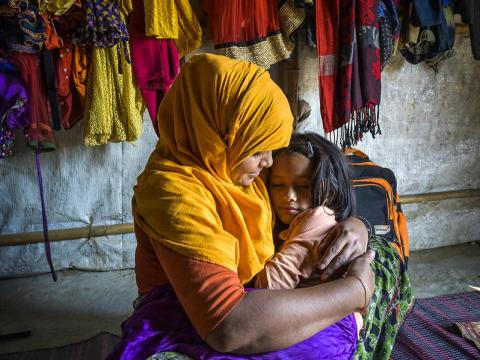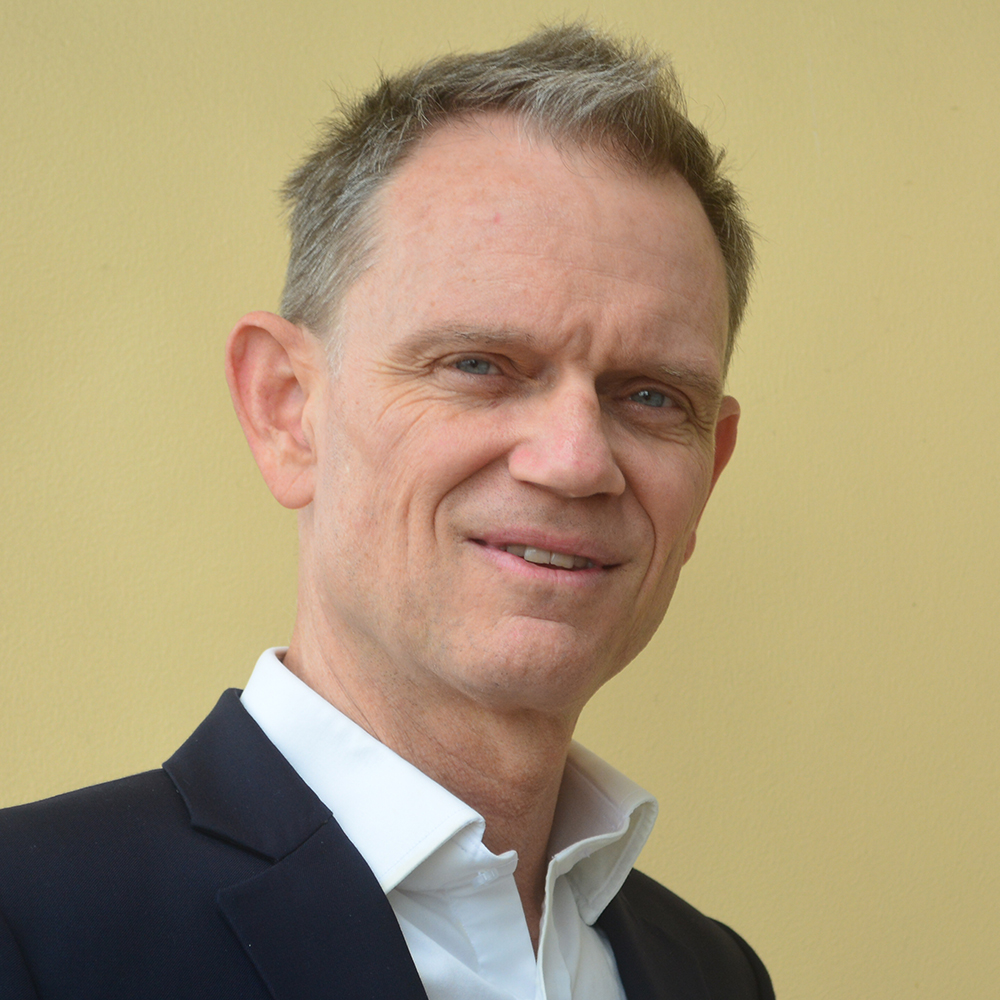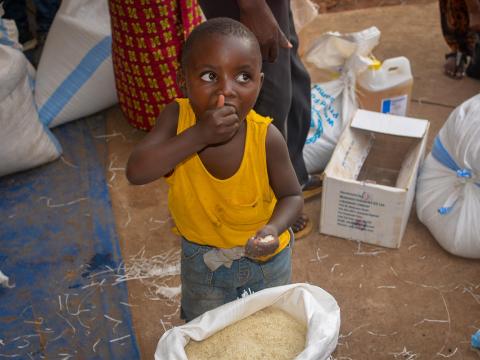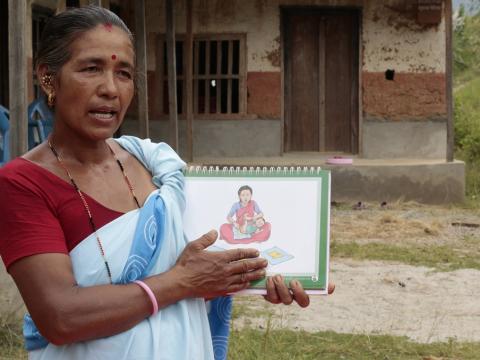
What the world needs now is compassion
By Dan Irvine
When I was a kid, my mother would consistently warn us to keep windows closed in the cooler months so that we would not catch a cold from the drafts.
When we did get a cold, her remedies included mint tea, garlic sandwiches, and a dip in the ocean – the salts of which should cure just about anything. Well, the truth of the matter is that none of these are evidence-based techniques to really prevent or cure colds.
Right or wrong, everyone holds such beliefs, some of them are passed down through the family or run deep in our cultures. They often provide us with some comfort when we can’t find better solutions.
Two years ago, my wife and I were beseeching my mother-in-law to get much needed cataract surgeries. Her world was rapidly shrinking as she became increasingly afraid to move around in public because of her dwindling vision. She believed that cataract surgery was sure to result in blindness. Eventually we prevailed through careful conversations and case studies, and she enjoyed two successful surgeries that allowed her to read small signs at a great distance! This was life changing for her.
I’m hearing a lot of talk these days about COVID-19 vaccines, and people’s hesitancy in some places to get them. News items are now regularly popping up and telling us that this or that ethnic or religious group, or people with a particular worldview, are suspicious of the vaccines and even refusing to take them.
The fact that there is among some people, nervousness, misunderstanding and complete opposition to the vaccines should come as no surprise. ‘Vaccine hesitancy’ is something we face time and again. Some people are naturally hesitant to engage something new. Others have strong feelings about all vaccines, in general. In some parts, I hear rather derogatory language both from anti-vaccine advocates, and vaccine advocates, towards each-other.
Whatever side of the fence you may be on, it is important to not assume, accuse or relegate others as “them”, but rather to understand that everyone is coming from a unique personal experience. As much as we’d like to think that modern medicine is a straightforward equation, this is simply not the case.
As the world prepares for widespread COVID-19 vaccine availability, there are a few lessons learned from similar experiences that all stakeholders should embrace.
First, listen. We must all listen to, respect, and appreciate each other’s perspectives. We must try to understand where people are coming from, and what their source of concern is. Being judgmental closes the door to this understanding and gets us nowhere when we need engagement and dialogue.
Second, share. Share what we know about the vaccines, about the disease and its consequences, and about the trade-offs and costs of getting or not getting vaccinated. World Vision has deep experience of these two actions and has witnessed their resounding power in the roll out of vaccines to prevent the spread of Ebola and a number of childhood killer diseases. Listening and sharing may sound like “soft” investments, but in reality, they lead to incredible impact. These are critical interventions needed right now.
You may be thinking that this grand strategy requires hard-core experts to facilitate, but actually what is needed is you. Who do you think your friends are most influenced by? It might be a politician, a newscaster, a celebrity, a social media influencer or the local hairdresser. But it also might be you.
If you feel uncomfortable about vaccines, you should be asking a lot of objective questions right now. And if you are a vaccine champion, you should be reaching out to talk to your friends about why you feel it’s important to be vaccinated. Vaccine demand is a street-level issue. The make-or-break conversations play out in our homes, at our coffee stands and with friends on our Facebook and social channels.
I have followed the development and phased approval of the COVID-19 vaccines closely, just as I have done with so many other vaccines that have saved the lives of millions. I personally, and in my health role for World Vision, am committed to supporting their roll out and helping people to understand why vaccines are valuable. But I will also take the time to listen to why people are nervous, hesitant or opposed. It’s only by listening, talking and treating people with dignity that we will get through this thing together.
What the world needs now is compassion, not accusation.
Dan Irvine is the Senior Director for Health and Nutrition at World Vision International.


